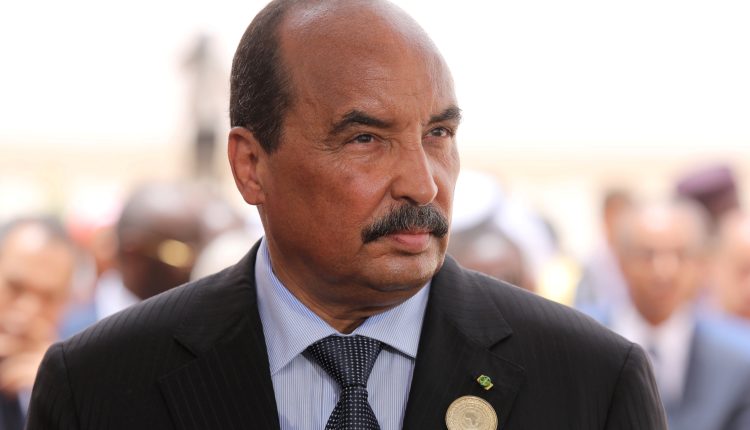On Wednesday, a Mauritanian appeals court sentenced former President Mohamed Ould Abdel Aziz to 15 years in prison and imposed a $3 million fine, intensifying his previous five-year sentence handed down in 2023 for corruption-related offenses.
Abdel Aziz, a former military general who seized power through two coups and led Mauritania from 2009 to 2019, was convicted of money laundering and illicit enrichment. Investigations revealed he accumulated more than $70 million in assets during his time in office. He has remained in detention since his initial conviction.
The case has attracted international scrutiny as a rare instance of a former African leader being prosecuted for corruption while in office. Abdel Aziz’s legal team claims the charges are politically driven, citing a breakdown in relations with his successor, President Mohamed Ould Cheikh Ghazouani.
Once political allies, Aziz and Ghazouani fell out after Mauritania’s first peaceful democratic transfer of power in 2019. Tensions escalated when Aziz sought to regain influence within the ruling party. A parliamentary inquiry launched in 2020 into his administration’s dealings eventually named 11 suspects.
In its latest ruling, the court acquitted six senior officials from Aziz’s former government but upheld a two-year sentence for his son-in-law on charges of influence peddling. The court also ordered the closure of the “Errahma” (Mercy) Foundation, managed by Aziz’s son, and approved the confiscation of its assets.
Despite being rich in natural resources such as iron ore, gold, copper, oil, and gas, Mauritania continues to grapple with widespread poverty. The United Nations estimates that nearly 60% of its population lives below the poverty line, many relying on informal jobs or subsistence farming. These economic challenges have spurred a wave of irregular migration, with increasing numbers of young Mauritanians attempting to reach Europe and the U.S.
The sentencing of Abdel Aziz could be a landmark in Mauritania’s pursuit of accountability and transparency, potentially setting a precedent for tackling high-level corruption. However, the case remains deeply political in a nation still solidifying its democratic institutions.

